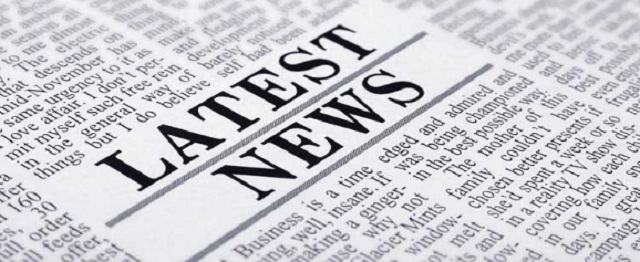
Lagos, Nigeria | AFP | At least 15 Nigerian news organisations joined forces Wednesday to fight misinformation ahead of February’s elections in a collaborative first as the country’s main political parties trade accusations of fabrication and exaggeration.
The CrossCheck Nigeria project aims to get normally competing newsrooms to work together to investigate and disprove erroneous claims, particularly on social media.
Completed investigations will appear on a central platform only when at least five partners have approved the work, in a move designed to improve public understanding and trust.
Nigerians go to the polls on February 16 to elect a new president and parliament, while gubernatorial and state assembly elections take place two weeks later.
President Muhammadu Buhari, 75, is seeking a second, four-year term but facing a strong challenge from former vice-president Atiku Abubakar.
The race is predicted to be close given dissatisfaction with Buhari and his record on improving national security and the economy, plus tackling corruption.
His ruling All Progressives Congress (APC) has been accused of plagiarising its “Next Level” slogan and design for the re-election campaign.
Abubakar’s Peoples Democratic Party (PDP) has been criticised for using photos of dead African Union troops for Nigerian soldiers killed in a recent Boko Haram attack.
CrossCheck Nigeria involves about 50 journalists from local print, broadcast and online media, plus AFP, supported by academic partners at the University of Lagos.
The public will be able to provide tips via WhatsApp. Cross-checked claims will appear on www.crosschecknigeria.org.
– ‘A million Trumps in Nigeria’ –
The Abuja-based International Centre for Investigative Reporting (ICIR) will coordinate the project, which follows similar initiatives in Brazil and France.
ICIR executive director Dayo Aiyetan said Facebook, Twitter and WhatsApp had become “avenues for politicians to spread misinformation, rumour, falsehood and fake news”.
“The media bears responsibility to verify information being churned out on social media to ensure that they are true,” he added in a statement.
Aiyetan later criticised US President Donald Trump for his repeated attacks on the media and allegations about “fake news” which have generated public suspicion of the media.
But he told a news conference: “In the US there is just one President Trump. The problem in Nigeria is that fake news, misinformation, is pervasive.
“There are a million Trumps in Nigeria that can do damage with weaponised information.”
– A fake Buhari? –
One of the most-shared rumours spread online is that Buhari, who spent months receiving treatment in London in 2017 for an unspecified illness, actually died.
Supporters of pro-Biafran separatist leader Nnamdi Kanu in southeast Nigeria have claimed Buhari, a former military ruler, has been replaced by a lookalike from Sudan.
Those involved in the CrossCheck Nigeria initiative said given the avalanche of misinformation, journalists needed to work together, using the same technology to fight it.
“It’s not the time for competition,” said Martins Oloja, editor at The Guardian newspaper in Nigeria.
First Draft, a British non-profit which aims to tackle misinformation around the world, is providing the technology and research expertise for the project.
Jenni Sargent, managing director at First Draft, said the Nigeria project and others like it were designed to help the public make informed political choices.
“This transparency is essential to maintaining trust and credibility in this age of misinformation,” she added.
 The Independent Uganda: You get the Truth we Pay the Price
The Independent Uganda: You get the Truth we Pay the Price


